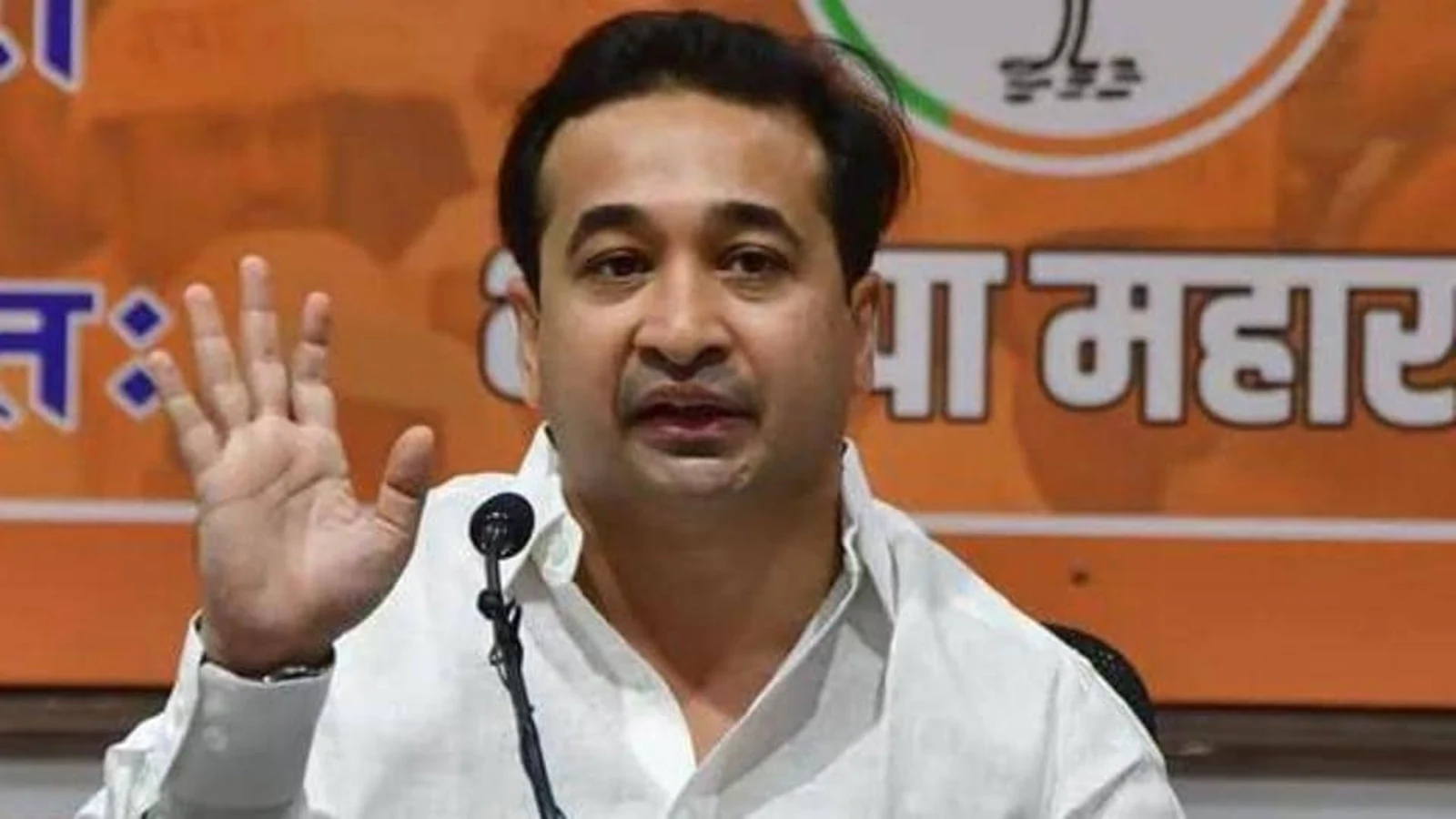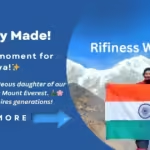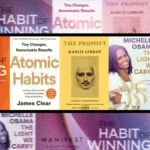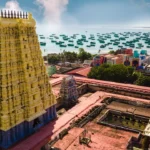In recent weeks, Maharashtra’s political landscape has been shaken by a controversial speech delivered by Bharatiya Janata Party (BJP) MLA Nitesh Rane’s. Known for his bold statements and political activism, Rane’s remarks have ignited outrage among various sections of society, leading to a wave of protests and heated discussions in the media. This blog post seeks to delve into the details of Rane’s speech, the subsequent reactions, and the broader implications for Maharashtra’s socio-political climate. BJP MLA Nitesh Rane’s.
The Context of Nitesh Rane’s Speech
Who is Nitesh Rane?
Nitesh Rane, the son of former Chief Minister Narayan Rane, has established himself as a prominent figure in Maharashtra’s BJP faction. Since his election to the Maharashtra Legislative Assembly, Rane has been known for his unapologetic approach and his willingness to engage in polarizing rhetoric. His speeches often reflect the party’s agenda but can also veer into more incendiary territory. BJP MLA Nitesh Rane’s.
View this post on Instagram
The Speech that Sparked Controversy
On XYZ date, during an event in XYZ location, Rane made a series of statements concerning the Muslim community that many perceived as derogatory and inflammatory. While delivering his address, he purportedly invoked historical grievances and cast aspersions on the loyalty of Muslims in Maharashtra, suggesting that they pose a threat to the state’s unity. His comments, whether taken at face value or interpreted through a political lens, immediately drew strong reactions from civil rights groups, political opponents, and members of the Muslim community.
Read Trending Posts :
The Nivin Pauly Controversy: A Storm in the Malayalam Film Industry #1
Kedarnath: The 1,200-Year-Old Sacred Jewel of the Himalayas
The Backlash: Reactions from the Community and Politicians
Outrage from Muslim Groups
Following Rane’s speech, numerous Muslim organizations condemned his remarks. They viewed his words as not only a direct attack on their community but also as part of a broader narrative that seeks to alienate Muslims in India. Muslim leaders have stressed that such speeches incite hatred and communal tension, and they called for accountability from Rane and his party.
Political Responses
The political ramifications of Rane’s statements were equally significant. Leaders from the Shiv Sena (UBT), Congress, and the Nationalist Congress Party (NCP) quickly denounced his remarks. They accused the BJP of encouraging communal discord, a longstanding allegation that the party has faced since its rise to prominence in Indian politics. Maharashtra’s Deputy Chief Minister has urged leaders to avoid inflammatory rhetoric and focus on welfare issues instead.
Social Media Reaction
Social media played a pivotal role in amplifying the controversy. Users took to platforms like Twitter and Facebook to express their disagreement with Rane’s viewpoints. Hashtags like #NiteshRane and #StopCommunalHatred trended as users shared messages of unity and condemned hate speech. Meme creators also contributed to the discourse, using humor and satire to critique Rane’s rhetoric.
The Broader Implications of Rane’s Speech
Impact on Communal Relations
Rane’s incendiary remarks come at a time when communal relations in India have been increasingly fraught. Analysts suggest that speeches like his can worsen existing tensions and create division among communities. The focus on identity politics often overshadows pressing issues like economic disparity and social justice, leading to polarized narratives.
Political Strategy and Electoral Ramifications
From a political standpoint, Rane’s statements can be seen as part of the BJP’s broader strategy to consolidate its base among Hindu voters. The party has historically utilized communal narratives to rally support and secure electoral victories. However, critics argue that this could alienate moderate members of the society and harm the party’s long-term prospects.
Call for Responsible Political Discourse
In light of this incident, there have been renewed calls for politicians across the spectrum to exercise caution in their rhetoric. Political analysts and civil rights advocates emphasize the need for leaders to foster dialogue that promotes understanding rather than division. The rise of hate speech in political discourse poses significant threats to India’s social fabric, and there’s a growing consensus that collaborative efforts are necessary to combat this trend.
Conclusion: Navigating the Aftermath
Nitesh Rane’s provocative speech has served as a catalyst for discussion around communal relations in Maharashtra and India as a whole. The uproar over his comments underscores the delicate balance politicians must strike between political strategy and social responsibility.
As the dust settles, it remains crucial for all political leaders to remember the impact of their words and to contribute positively to the ongoing narrative. Civic education, community engagement, and interfaith dialogue might be pivotal in healing the divides that such rhetoric can exacerbate.
The conversations spurred by Rane’s speech could, if handled with sensitivity, pave the way for greater understanding among communities in a diverse society like India. However, this will require a concerted effort from everyone—politicians, media, and citizens alike—to champion inclusivity and reject hate in all its forms.
In these challenging times, it is essential to listen, learn, and lead with compassion. Only then can we hope to build a society that honors its plurality and fosters peace among its peoples.













